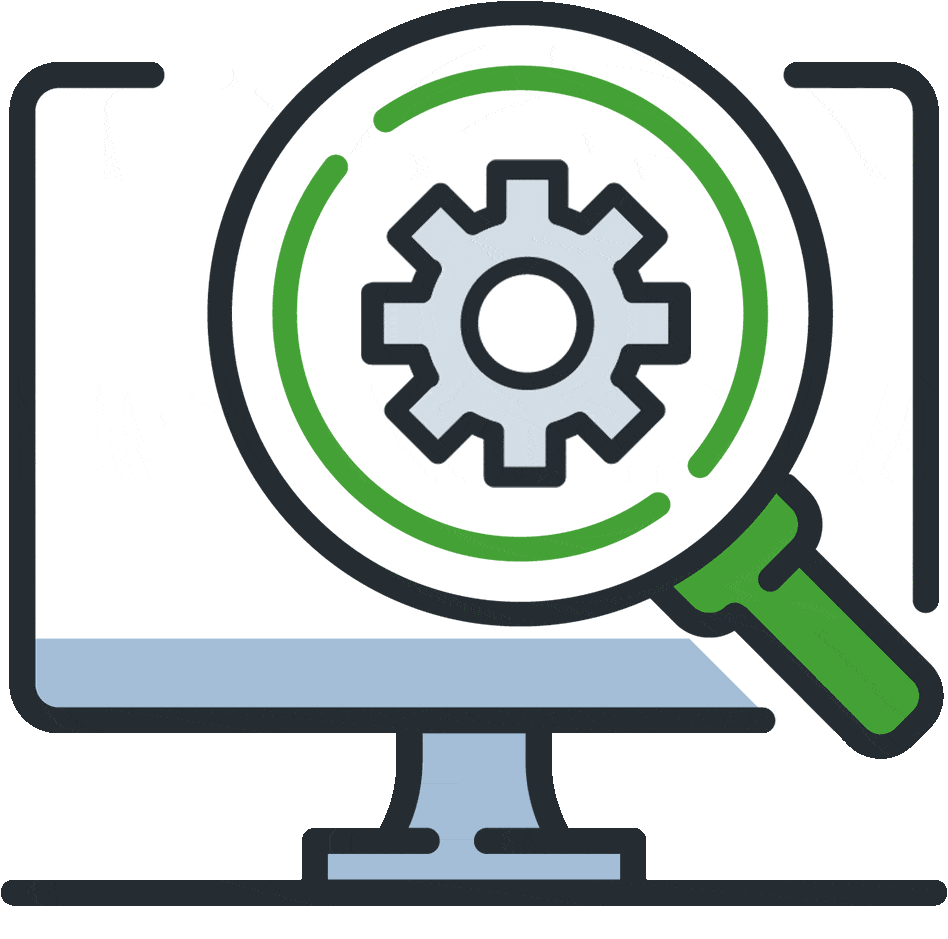Can my employees use their mobile devices on my network?
We are well into the days of BYOD: Bring Your Own Device. As an employer, it’s great because you don’t have to buy your employees a device to work on and the employee gets to use whatever form factor they’re comfortable with (smartphone, tablet, laptop, etc.). The drawback to BYOD can be that those devices don’t have the same level of protection that you’ve applied to corporate PCs and mobile devices. There are a couple of ways to address this–either hire employees to install corporate protection software prior to allowing them to connect to the company network, or create a guest network that bypasses the corporate network and goes directly to the internet. Make sure to only allow employee personal devices to connect to the guest network. Both of these approaches are effective in significantly reducing the risk associated with letting your employees use their own devices at work.



